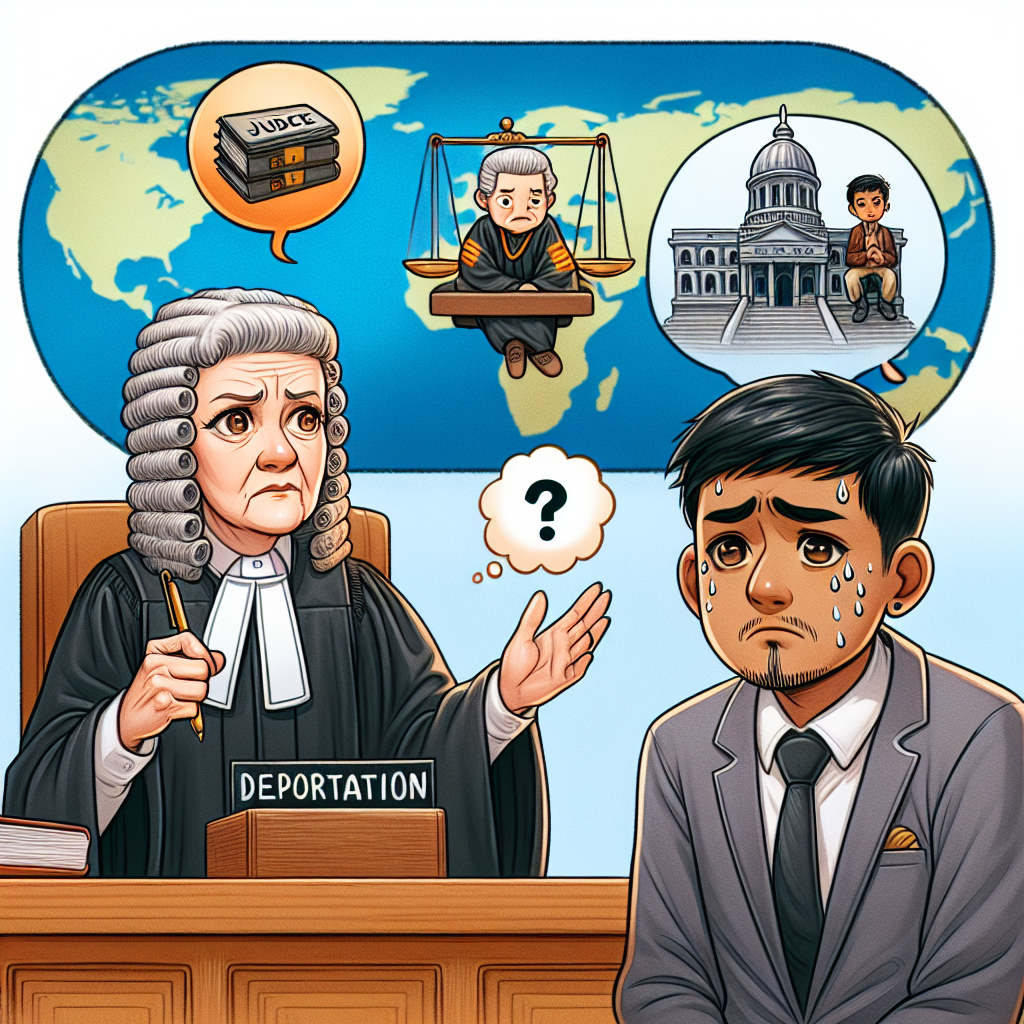Controversial Deportations Raise Questions on ICE Practices
Recent deportations by ICE involving Cuban and Honduran-born mothers have sparked legal challenges and public outcry. These actions highlight issues of due process and parental rights, particularly concerning U.S. citizen children. Legal organizations accuse ICE of disregarding rights in pursuit of meeting deportation quotas.

- Country:
- United States
Immigration and Customs Enforcement (ICE) is under fire after recent deportations involving mothers and their children, igniting debates over due process and human rights. Legal experts and advocacy groups argue that these actions, which separate families, particularly involve U.S.-citizen children, raising ethical concerns.
In one instance, a Cuban-born mother was deported, leaving her child and husband behind in Florida. Legal representatives claim she was denied communication and procedural fairness. Her lawyer sought to reopen her case, citing strong humanitarian grounds, but ICE allegedly refused to accept the appeal before deportation occurred.
In another case, children were deported alongside their mothers to Honduras, despite being U.S. citizens. A federal judge expressed doubts about the legality and procedure of the deportations. These cases are part of a broader critique accusing ICE of prioritizing deportation targets over individuals' rights.
(With inputs from agencies.)
ALSO READ
Tensions in Karbi Anglong: Land Encroachment Dispute Ignites Violence and Legal Challenges
U.S. Health Sector in Flux: New Deals, Drug Approvals, and Legal Challenges
Trump Administration's Global Health Deals: A New Approach with African Nations
Trump Administration Halts Offshore Wind Projects Over Security Concerns
Trump Administration Halts East Coast Wind Projects Over National Security Concerns










